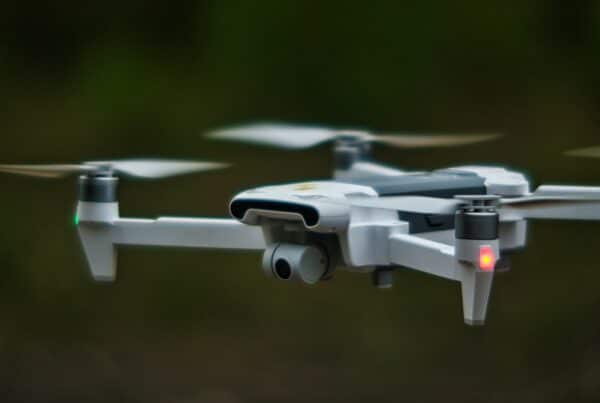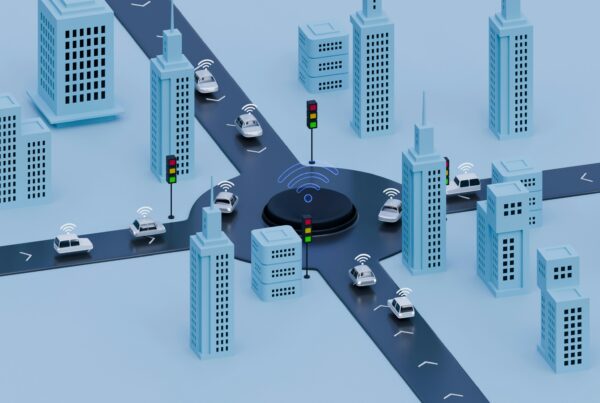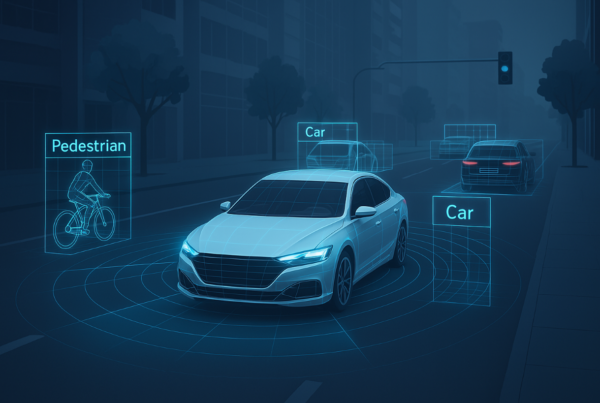The Decline of Germany’s Machine Vision Industry: A Temporary Setback or a Long-Term Trend?
As of February 2025, Germany’s machine vision industry is facing a visible decline, raising concerns about the broader state of automation and industrial innovation in Europe’s largest economy. The downturn, marked by a 10% drop in nominal sales across the European machine vision sector, has been particularly evident in Germany, where economic headwinds and a sluggish manufacturing sector have taken a toll.
What’s Behind the Decline?
One of the primary factors driving this downturn is the overall decline in Germany’s manufacturing industry. Orders in the sector fell by 4.3% in mid-2024 compared to the previous year, reducing demand for machine vision technologies that have long been integral to automation and quality control. With Germany serving as a manufacturing powerhouse, this decline has had a cascading effect across the supply chain.
Furthermore, economic uncertainties—including rising production costs, shifting global supply chains, and stricter regulations—have added pressure on businesses to reassess their automation investments. Many companies are prioritizing cost-cutting measures over new technology adoption, further exacerbating the slowdown in machine vision sales.
A Silver Lining in Non-Manufacturing Sectors
All is not lost for machine vision component suppliers though! Despite the downturn in traditional markets, machine vision applications beyond manufacturing are showing resilience. In 2023, demand for these technologies in non-manufacturing sectors—such as logistics, smart traffic systems, and medical imaging—grew by 5%, capturing nearly 30% of the market. As automation expands into new industries, these alternative markets could help offset losses in manufacturing.
AI-Powered Machine Vision: A Path to Recovery?
The role of artificial intelligence (AI) in machine vision continues to grow, with AI-driven products accounting for nearly 19% of total sales in 2023. More than two-thirds of industry experts believe AI will be a key driver of business in the coming years. As AI-powered vision systems improve in accuracy and adaptability, they could unlock new efficiencies in sectors ranging from retail to agriculture.
The Growing Need for Strong Sales Professionals
While the technological potential of machine vision remains high, one of the key challenges moving forward will be effectively selling these solutions in a more competitive and uncertain market. Companies need to invest not only in product innovation but also in sales and business development strategies that can drive adoption in both traditional and emerging industries.
The current downturn highlights the need for experienced sales professionals who can navigate complex B2B markets, build strategic partnerships, and communicate the ROI of machine vision solutions to hesitant buyers. Expanding into new markets, targeting non-traditional industries, and positioning AI-driven solutions as indispensable tools for efficiency and cost reduction will be critical.
As Germany’s machine vision industry seeks to rebound, companies that prioritize strong sales talent alongside technological advancements will be best positioned to capitalize on the recovery. The industry doesn’t just need better technology—it needs better sales strategies to drive growth in an evolving market.
We are actively working with machine vision partners who are looking to grow their sales and business development teams. Please reach out to Theo at theo@akkar.com if you are interested in machine vision opportunities with companies investing in their commercial teams.








